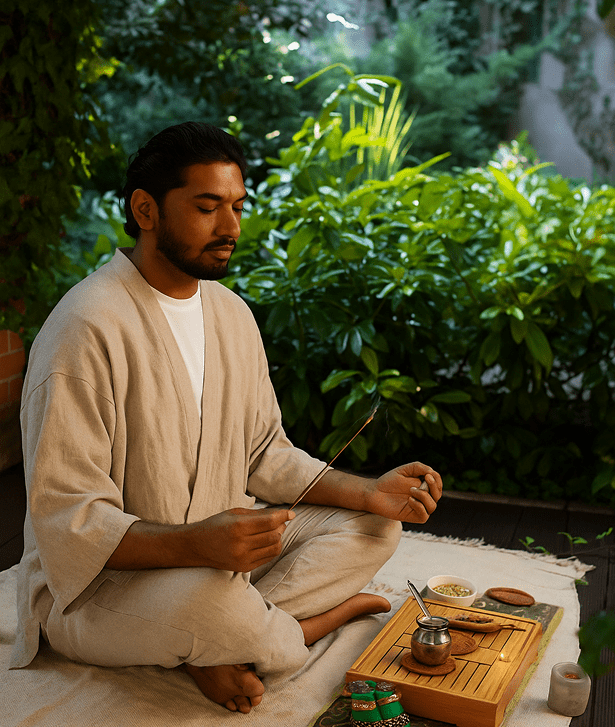De-Stress Program for
Mental Refreshment and Wellness
In our busy lives today, stress is a regular issue. Balancing work and personal duties can affect our mental and physical health. A De-Stress Program for mental refreshment and wellness can give participants the skills they need to relax, recharge and develop a healthier mind-set. This program takes a complete approach, combining different practices that improve mental clarity, emotional stability and physical well-being.
Objectives of the Program:
1. Reduce Stress Levels:
Provide tools for participants to manage and lower their stress.
2. Enhance Mental Focus:
Use mindfulness techniques to enhance concentration and thinking skills.
3. Build Emotional Strength:
Teach emotional awareness and ways to cope with difficulties in life.
4. Support Physical Health:
Encourage habits that promote good physical well-being.


